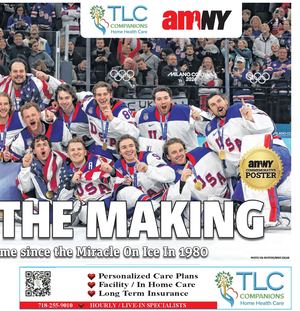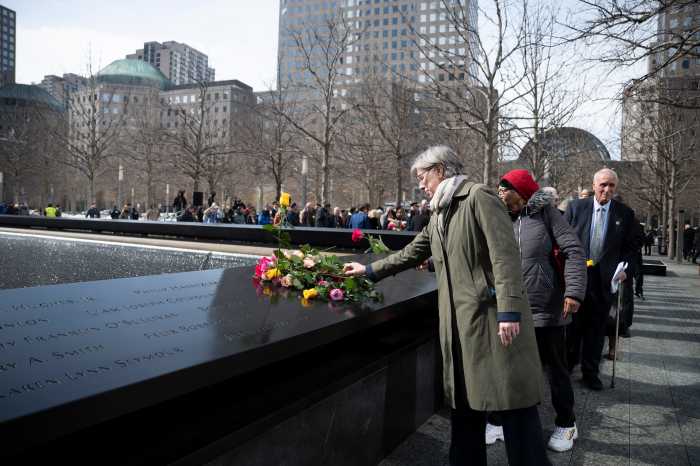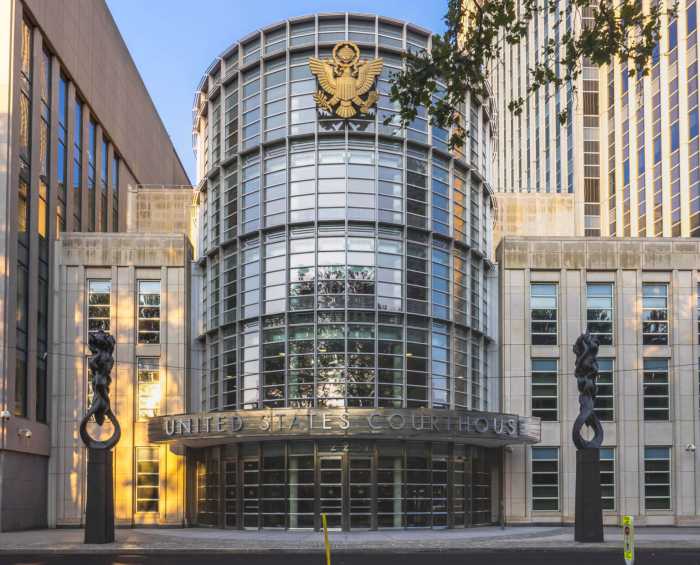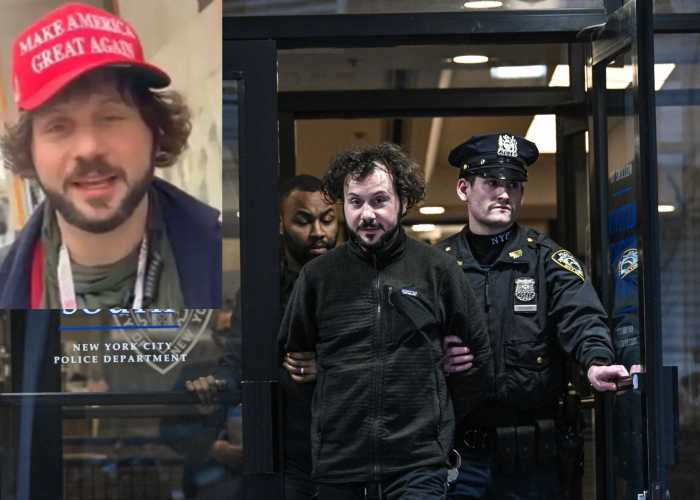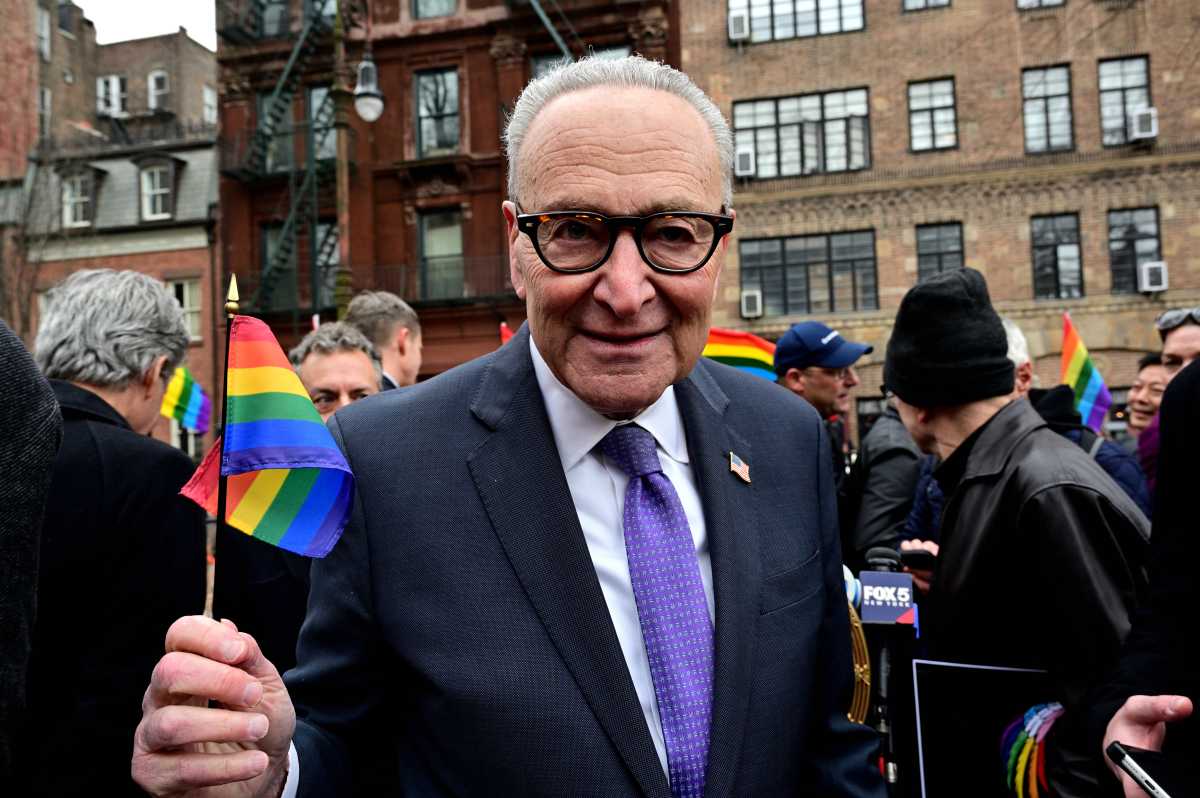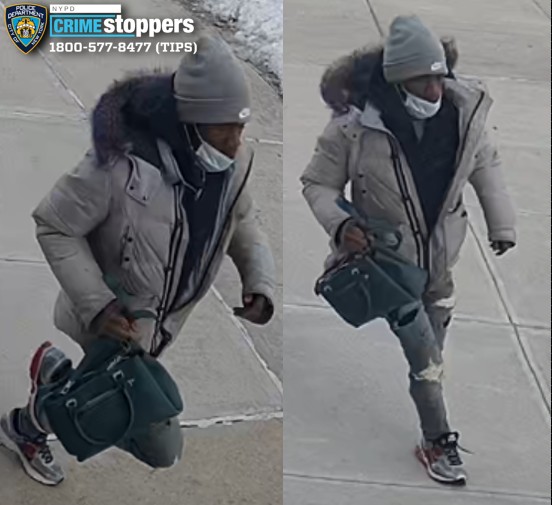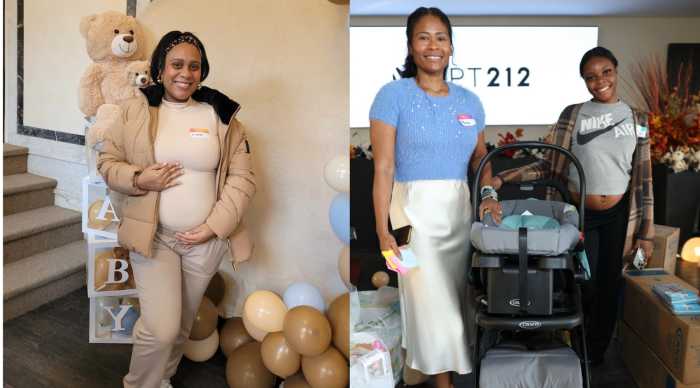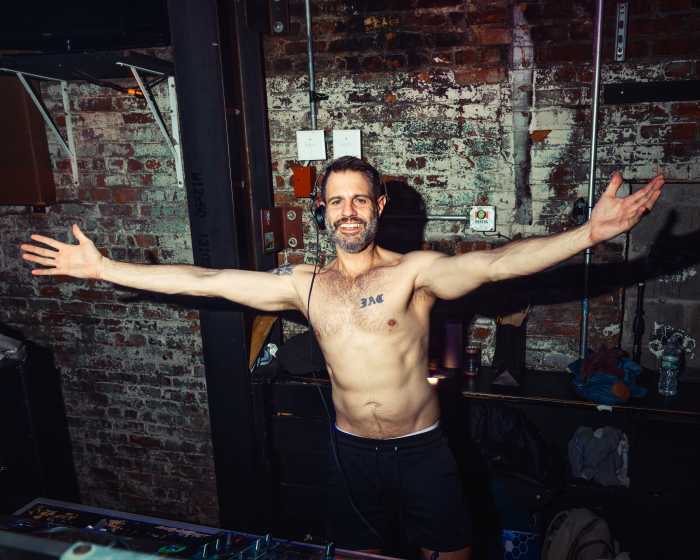Congestion pricing may be headed for Manhattan, but a majority of New Yorkers don’t support the plan and aren’t convinced it will do much to help the city’s crowded streets, according to a survey released Tuesday.
About 54 percent of respondents in the Quinnipiac University poll oppose the state’s newly approved plan that would charge drivers who enter Manhattan under 60th Street by the end of 2020. The negative response was consistent across the five boroughs, according to the survey. The Bronx topped the list with 64 percent opposing congestion pricing, while Manhattan respondents showed the least opposition at 51 percent.
Mary Snow, a polling analyst for Quinnipiac University, said the extra cost of living was a key factor for those opposing congestion pricing. The majority of the opposition came from respondents who made less than $100,000 annually.
"The bottom line is people will be spending more money,’” she said.
The university polled 1,077 New York City voters between March 27 and April 1, and reported a margin of error of +/- 3.8 percentage points.
The state and city are still working out the details of the congestion pricing plan, including its pricing plan as well as the means of charging. Snow said Tuesday’s results mirrored sentiments gauged over the last decade.
"A lot of details are being worked out. It’s hard to say if New Yorkers will have a big change of heart about it," she said.
About 55 percent of respondents said traffic congestion is a serious problem, but only 40 percent felt congestion pricing would make a difference, according to the poll.
The survey also reported that only 36 percent of respondents found subway service to be excellent or good, while 62 percent found it to be not so good or poor. Roughly 48 percent of respondents found bus service to be excellent or good, with 46 percent finding it not so good or poor, according to the poll.
For the first time, Quinnipiac asked New Yorkers to share their thoughts about the entrance exam for the city’s specialized high schools, which has come under scrutiny by the mayor for disproportionately affecting black and Latino students. This year only 10.5 percent of seats at those schools went to black and Latino teens, including just seven black students at Stuyvesant High School.
Only 36 percent of respondents said the city should keep the tests while 57 percent said it should consider other factors for admission into schools. About 63 percent said they support changing the entire admissions process to diversify those schools, the poll said.
